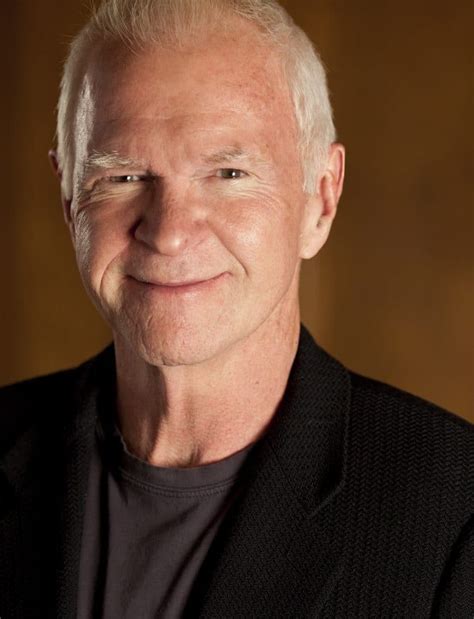A Quote by Swami Vivekananda
It is the same India which has withstood the shocks of centuries, of hundreds of foreign invasions of hundreds of upheavals of manners and customs. It is the same land which stands firmer than any rock in the world, with its undying vigour, indestructible life. Its life is of the same nature as the soul, without beginning and without end, immortal; and we are the children of such a country.
Related Quotes
The use of refined petroleum as fuel, which began in the 1850s, freed hundreds of millions of people from the toil of centuries, gave hundreds of millions more a life of ease and plenty, and, by allowing great cities to feed themselves from every corner of the world, multiplied the population of the earth fivefold.
A person with faith does not question its roots, for he knows that if he subjected it to the critical examination of his intellect, he would end up without faith. The same thing can be said of any feeling. You can analyze any feeling to death, but when you do that, you end up without feeling and without a meaninful life.
Without any extraordinary effort of genius, I have discovered that nature was the same three thousand years ago as at present; that men were but men then as well as now; that modes and customs vary often, but that human nature is always the same. And I can no more suppose, that men were better, braver, or wiser, fifteen hundred or three thousand years ago, than I can suppose that the animals or vegetables were better than they are now.
I'll get angry in the same way with the coachman Ivan, argue in the same way, speak my mind inappropriately, there will be the same wall between my soul's holy of holies and other people, even my wife, I'll accuse her in the same way of my own fear and then regret it, I'll fail in the same way to understand with my reason why I pray, and yet I will pray--but my life now, my whole life, regardless of all that may happen to me, every minute of it, is not only not meaningless, as it was before, but has the unquestionable meaning of the good which it is in my power to put into it!
The psyche is the inward experience of the human body, which is essentially the same in all human beings, with the same organs, the same instincts, the same impulses, the same conflicts, the same fears. Out of this common ground have come what Jung has called the archetypes, which are the common ideas of myths.
Like every man who appears at an epoch which is historical and rendered famous by his works, Jesus Christ has a history, a history which the church and the world possess, and which, surrounded by countless memorials, has at least the same authenticity as any other history formed in the same countries, amidst the same peoples and in the same times. As, then, if I would study the lives of Brutus and Cassius, I should calmly open Plutarch, I open the Gospel to study Jesus Christ, and I do so with the same composure.
Bears are made of the same dust as we, and they breathe the same winds and drink of the same waters. A bear's days are warmed by the same sun, his dwellings are overdomed by the same blue sky, and his life turns and ebbs with heart pulsing like ours. He was poured from the same first fountain. And whether he at last goes to our stingy Heaven or not, he has terrestrial immortality. His life, not long, not short, knows no beginning , no ending. To him life unstinted, unplanned, is above the accidents of time, and his years, markless and boundless, equal eternity.
Every sinner must be quickened by the same life, made obedient to the same gospel, washed in the same blood, clothed in the same righteousness, filled with the same divine energy, and eventually taken up to the same heaven, and yet in the conversion of no two sinners will you find matters precisely the same.





































